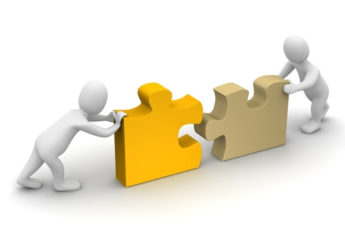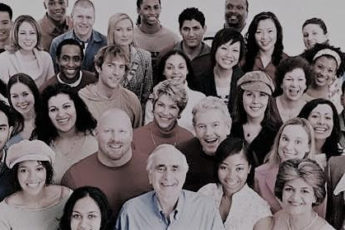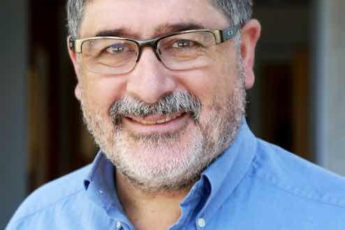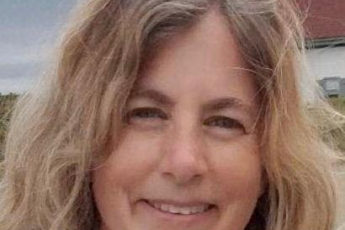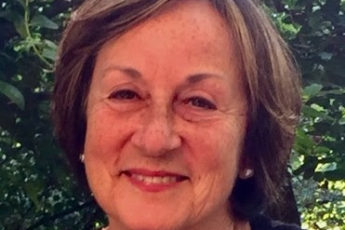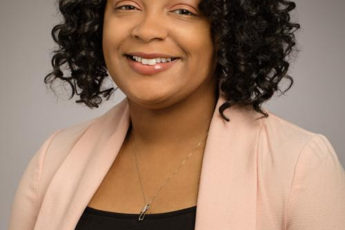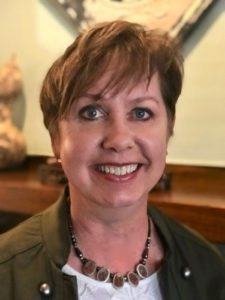 Lois Benishek is a Master Coach with FirstGen Ahead. In this role, she facilitates monthly discussions with FirstGen Ahead’s volunteer coaches and provides sage advice. She is guided by her professional training in multicultural counseling and as a counseling psychologist, which has a focus on career development. She has many years of experience coaching people of all ages.
Lois Benishek is a Master Coach with FirstGen Ahead. In this role, she facilitates monthly discussions with FirstGen Ahead’s volunteer coaches and provides sage advice. She is guided by her professional training in multicultural counseling and as a counseling psychologist, which has a focus on career development. She has many years of experience coaching people of all ages.
Lois has worn a number of professional hats since completing her advanced degrees – therapist at college counseling centers, faculty member and administrator, and researcher and clinical supervisor at an addiction-focused not-for-profit organization. Lois reports, “If my job description didn’t mention a strong component on the career and professional development of others, then I simply created it!”
Like many coaches, Lois is drawn to FirstGen Ahead because she, along with her brother, were first in their family to earn a college degree. She says, “FirstGen Ahead’s mission of empowering students to succeed in transitioning from college to career is what I would have wanted for myself as a college student. I’m honored to serve as a coaches’ coach and do “work” that I feel passionate about and which feeds my soul.”
Her approach to a coaching relationship centers on two adages: “People don’t care how much you know until they know how much you care.” (Theodore Roosevelt) and “Give a (student) a fish and you feed him for a day; teach a (student) to fish and you feed him for a lifetime.” (Maimonides). Lois believes in working with students through a developmental lens given that they vary in their degree of personal insight and other matters. She says, “My goal is to meet them where they are, model the skills they are lacking, and then find experiential ways to promote their growth in these areas over time.”
Lois has three pieces of advice to coaches during the COVID-19 pandemic. First, ask your student how they’re doing – essentially take their COVID-19 temperature to get a sense of the extent to which they are managing their new normal. Ask them how you might be able to support them through this challenging time. Second, be a realistic optimist and model that attitude for them. How can they use this experience to better prepare themselves in non-traditional ways to make the transition from college to career? Remind them that this, too, shall pass. Third, students have lost the daily structure that was a part of their academic lives. As such, provide them with some structure – consider scheduling a weekly 15-minute touch-in call with your student. The agenda? They share a positive event and a challenge they’ve encountered in the past week and you do the same. You help them troubleshoot to address their challenge and invite them to do the same with you. Why? You’re modeling that you are walking as companions down the COVID-19 road. They have insights and strengths that can support and uplift others (you!) at the same time that they, themselves, are in need of some uplifting from you.
Her advice to students: It’s not the hand you’re dealt, but how you choose to play that hand that counts. Use this COVID-19 experience as an opportunity to pause and reflect. What are your core work and personal values? Cultivate those values and be prepared to articulate them during the interview process. Be the person that YOU want to hire and know why that’s the case.



